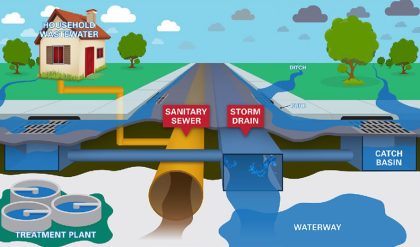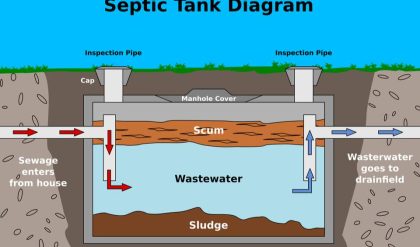1. House-to-House:
Waste collectors visit each individual house to collect garbage. The user generally pays a fee for this service.
2. Community Bins: Users bring their garbage to community bins that are placed at fixed points in a neighborhood or locality. MSW is picked up by the municipality, or its designate, according to a set schedule.
3. Curbside Pick-Up: Users leave their garbage directly outside their homes according to a garbage pick-up schedule set with the local authorities (secondary house-tohouse collectors not typical).
4. Self Delivered: Generators deliver the waste directly to disposal sites or transfer stations, or hire third-party operators (or the municipality).
5. Contracted or Delegated Service: Businesses hire firms (or municipality with municipal facilities) who arrange collection schedules and charges with Collected MSW can be separated or mixed, depending on local regulations. Generators can be required to separate their waste at source, e.g., into “wet” (food waste, organic matter) and “dry” (recyclables), and possibly a third stream of “waste,” or residue. Waste that is un-segregated could be separated into organic and recycling streams at a sorting facility. The degree of separation can vary over time and by city. ‘Separation’ can be a misnomer as waste is not actually separated









